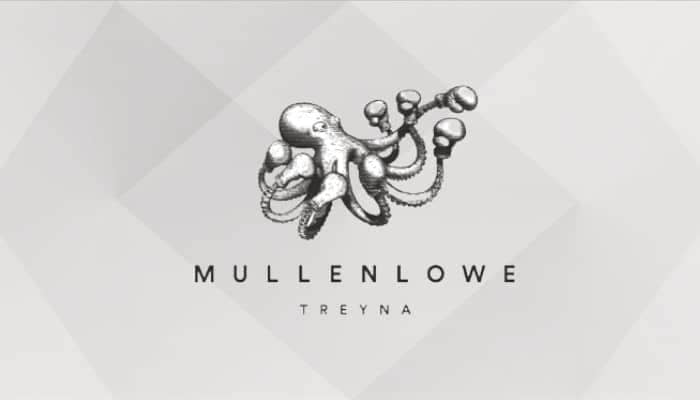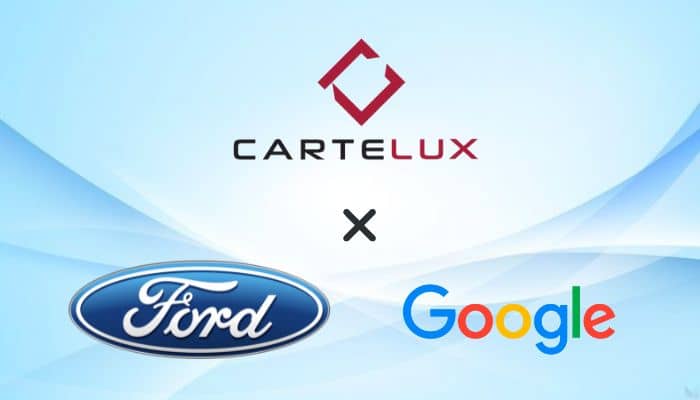Singapore – Adobe has today announced Adobe Firefly’s new integration with Bard, Google’s experimental conversational AI service, along with the expansion of the Content Authenticity Initiative (CAI), to continue the creative journey further in Adobe Express.
In the coming months, Firefly will become the premier generative AI partner for Bard, powering and highlighting text-to-image capabilities. With the new Bard by Google integration, users at all skill levels will be able to describe their vision to Bard in their own words to create Firefly-generated images directly in Bard and then modify and use them to create designs via Express.
Adobe and Google are approaching this partnership through a creator-focused lens, with Adobe using CAI’s open-source Content Credentials technology to bring transparency to images generated through this integration. This partnership will deliver creator-focused generative AI to millions more people.
“The incredible response to our Adobe Firefly beta demonstrates the power and potential of generative AI to inspire more people to create and the strong demand for a creator-centric, commercially viable approach,” said Ely Greenfield, CTO, digital media at Adobe.
Greenfield added, “We’re empowering millions more people to use Firefly for creative inspiration and design and share standout content with Adobe Express through this integration with Bard by Google.”
Sissie Hsiao, vice president and GM of Assistant and Bard at Google, also remarked, “Generative AI has captured the world’s attention and changed how we think about collaboration and productivity. We’re thrilled to partner with Adobe Firefly, giving our users the power to bring their creative ideas to life, quickly and easily – directly in Bard.”
Firefly is the most differentiated generative AI service that generates commercially viable, professional quality content and is designed to be embedded directly into creators’ workflows both in Adobe’s own applications and now in Bard by Google. Enterprise businesses will be able to train Firefly with their own creative collateral in order to generate content in the company’s brand language.
Moreover, the integration of Firefly across Adobe Experience Cloud applications will allow marketing organizations to use Firefly to accelerate their content supply chain production.
“At this critical moment in history, as generative AI becomes more powerful and prevalent than ever, people need a way to tell what’s behind the content they’re consuming. Content Credentials will enable creators to tell their stories authentically, while providing easy-to-use tools to verify how a piece of content was created and modified,” said Dana Rao, general counsel and chief trust officer at Adobe.
Recently, Adobe has also inked a partnership with marketing communications company Omnicom Group Inc. to reinvent the creation and delivery of creative content.










